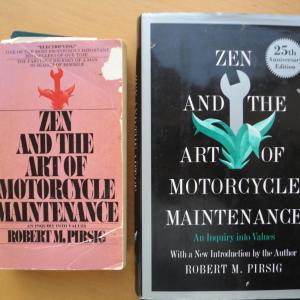To this post, I am adding this introduction in July 2021. I have returned to some of the ideas of the post, and I see that I left them in a jumble. They may still be that, but I am trying to straighten up a bit.
Beyond this introduction, the post has three parts. Part III takes up more than half of the whole post and consists of my notes on
- Elizabeth Anderson, “Feminist Epistemology and Philosophy of Science,” Stanford Encyclopedia of Philosophy, February 13, 2020. 61 pages.
In Anderson’s article I see – as I note below – ideas that are familiar, thanks to my previous reading of philosophers such as Robin George Collingwood, Mary Midgley, and Robert Pirsig. Henry David Thoreau may not exactly be one of those philosophers, but he is somehow why I came to write this post in the first place.
Here is a table of contents for the whole post:
- I. Thoreau and women
- II. Knowing persons
- III. Notes on [Elizabeth Anderson’s] “Feminist Epistemology and Philosophy of Science”
- Section 1: “Situated Knowers”
- Section 2: “Feminist Standpoint Theory”
- Section 3: “Feminist Postmodernism”
- Section 4: “Feminist Empiricism”
- Section 7: “Feminist Defenses of Value-Laden Inquiry”
- Section 8: “Feminist Critiques and Conceptions of Objectivity”
- Section 9: “Epistemic Authority, Epistemic Injustice, Epistemologies of Ignorance, and Virtue Epistemology”



